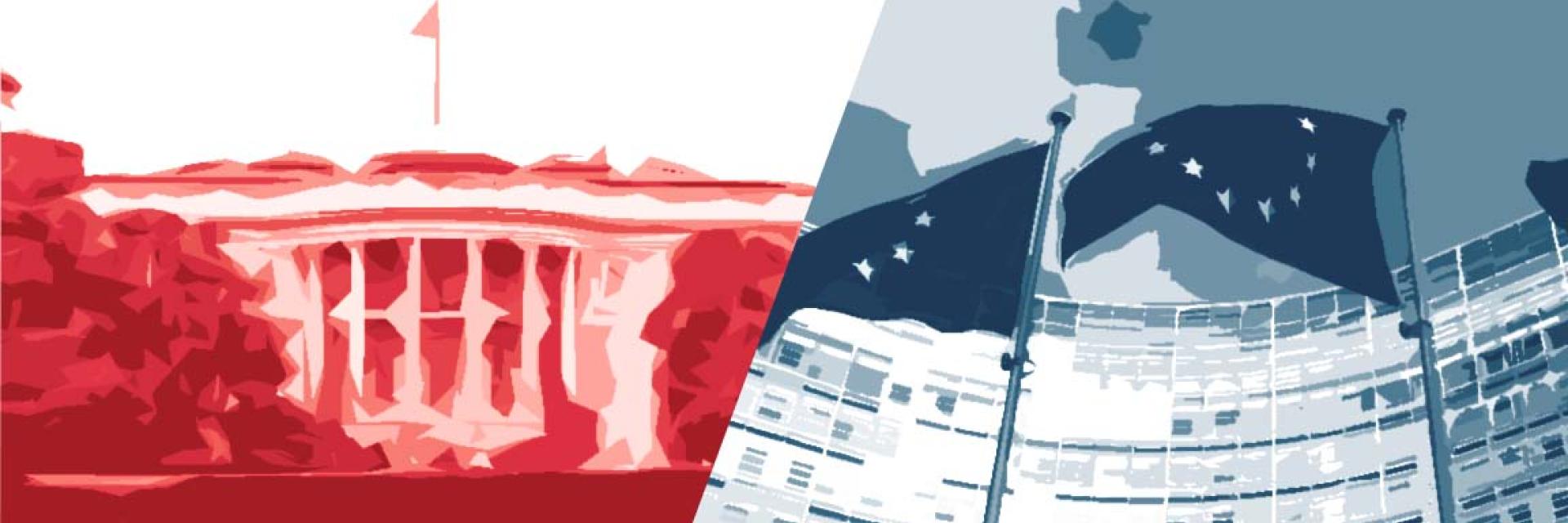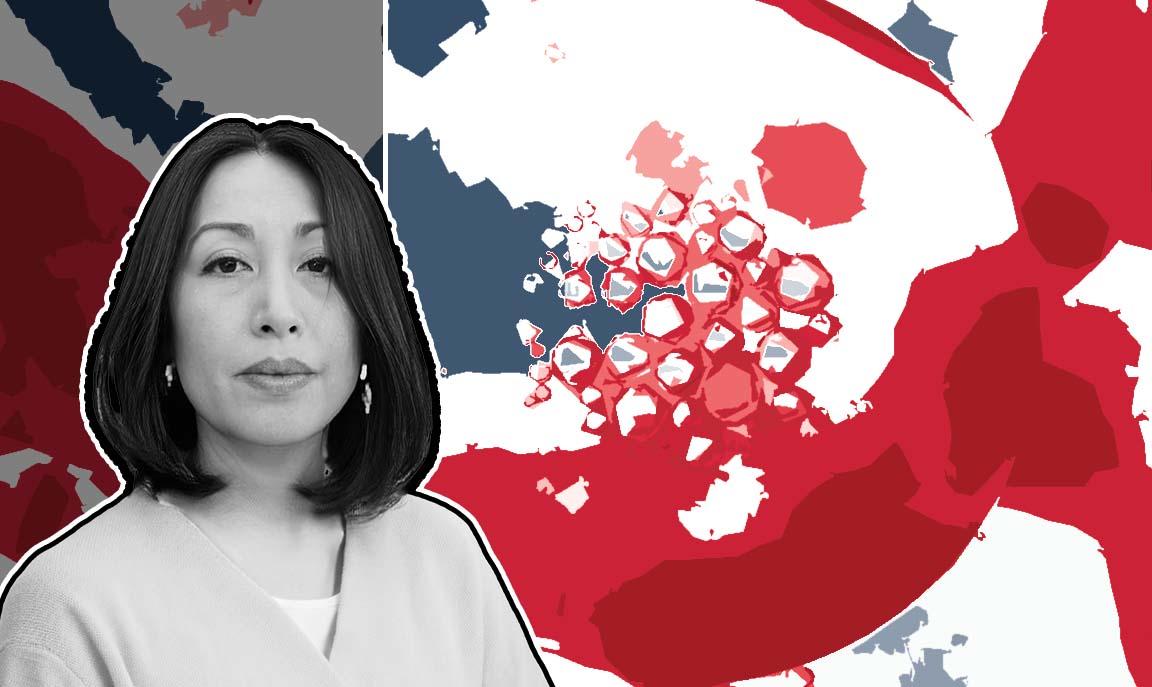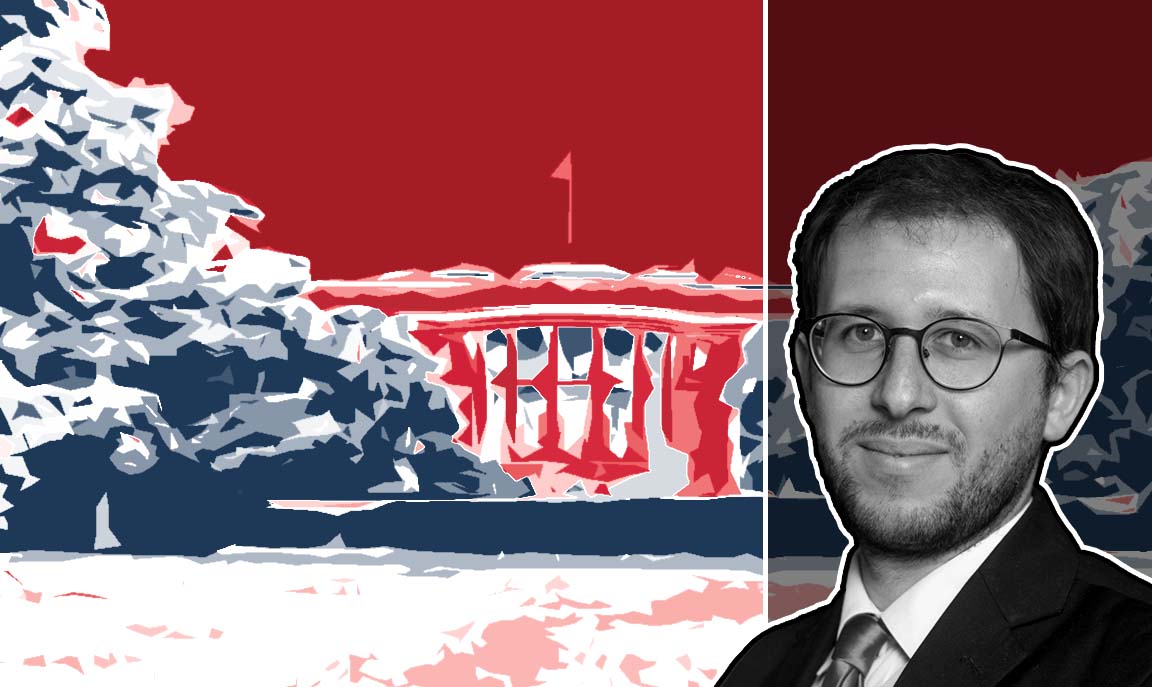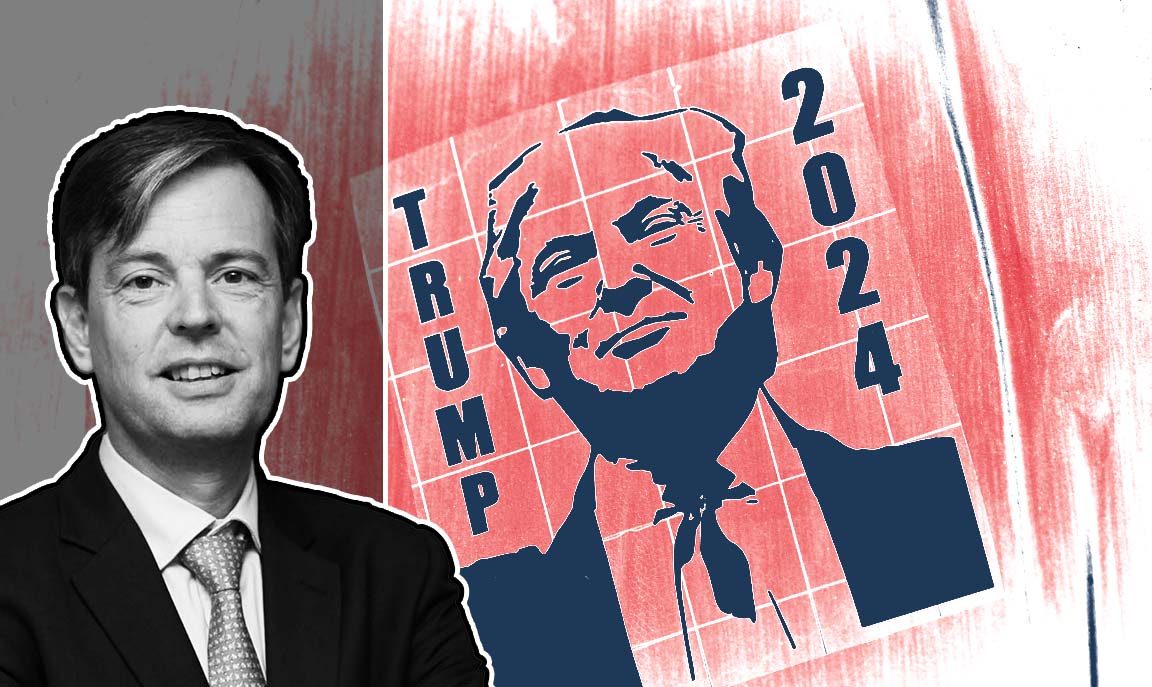Introduction
US voters went to the polls to choose their 47th president on 5 November 2024, after a long and—in many ways—unprecedented campaign. The consequences of this choice will reach well beyond Washington DC, affecting the EU and the world. In this commentary series, EUISS analysts reckon on the effects of the new presidency in key areas for the EU’s foreign and security policy. They present the key strategic dilemmas that the EU and its Member States will face, and suggest courses of action to navigate transatlantic relations in 2025 and beyond.
Playing games with energy security?
Ensuring the EU’s medium-term bargaining power in energy negotiations with the US
Triangulating the relationship: Latin America, the EU and Trump
Does Trump have a Latin America strategy?
Charting Southward: Navigating the Africa-EU relationship after the US elections
Shifts in US foreign policy under Trump 2.0 will inevitably affect EU-Africa relations. In light of the anticipated changes under the incoming White House administration, the EU and its African counterparts should strive to develop more coordinated common policies.
Outrage is not a policy: The EU should engage Trump’s team to boost industrial capacity outside China and Russia
EU leaders would be wise to work with Trump 2.0 on reindustrialisation, whatever differences they may have on Ukraine and bilateral trade. The concentration of fighting capability and industrial capacity in the anti-Western axis is the major threat to Europe’s security.
By Joris Teer
Keeping EU-NATO cooperation alive under Trump 2.0
Under Trump, the US commitment to European defence and NATO is under question. The EU should work to ensure the American presence endures while also taking up a greater burden of the continent's defence in cooperation with the alliance. We suggest where to start.
Trade, Tech and Taiwan: Crafting a transatlantic China agenda
The EU has a chance to exert influence over the incoming Trump 2 administration if it moves swiftly to make a ‘China pitch’ focused on ‘three Ts’: trade, tech and Taiwan.
By Tim Rühlig
The Western Balkans and Trump 2.0: What should the EU hope for and fear?
With the new US administration focused on the mounting competition with China, the Western Balkans risks being sidelined in the broader geopolitical landscape. The EU needs to anticipate the potential challenges posed by upcoming policy shifts for the region.
By Bojana Zorić
Europe’s Indo-Pacific Rebalancing under Trump 2.0: Beyond ‘business as usual’
Given Trump’s unpredictable foreign policy, in the Indo-Pacific Europe may find itself compelled to act with greater independence in an economically and geopolitically critical region.
The chips are down: Trump 2.0, the EU and Ukraine
With Donald Trump’s return to the White House, US policy towards Ukraine is poised to change significantly. To avoid the imposition of an unfavourable peace settlement on Kyiv, the EU must demonstrate strong resolve in maintaining its military and diplomatic support to Ukraine.
By Ondrej Ditrych and Giuseppe Spatafora
Back with a vengeance? Trump, Brussels and the world
Five steps the EU should take to deal with the new US administration
The US elections: what choices for Europe?
The outcome in November and EU foreign policy












